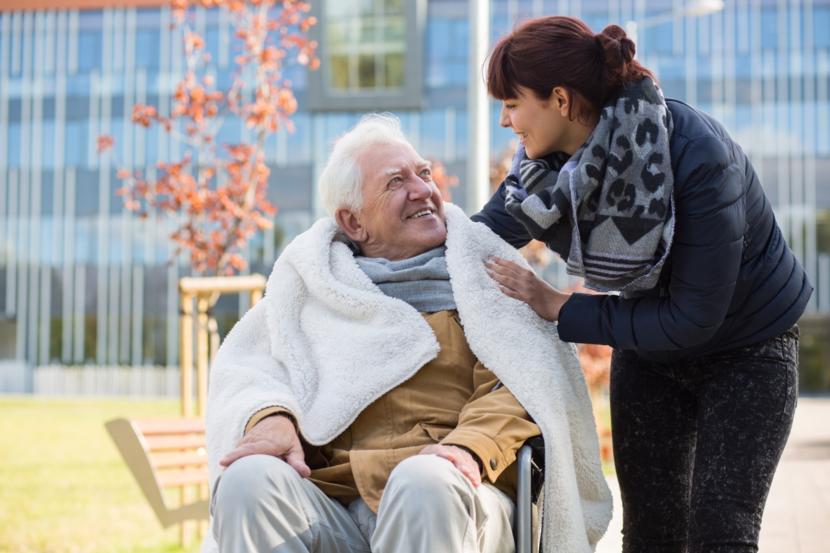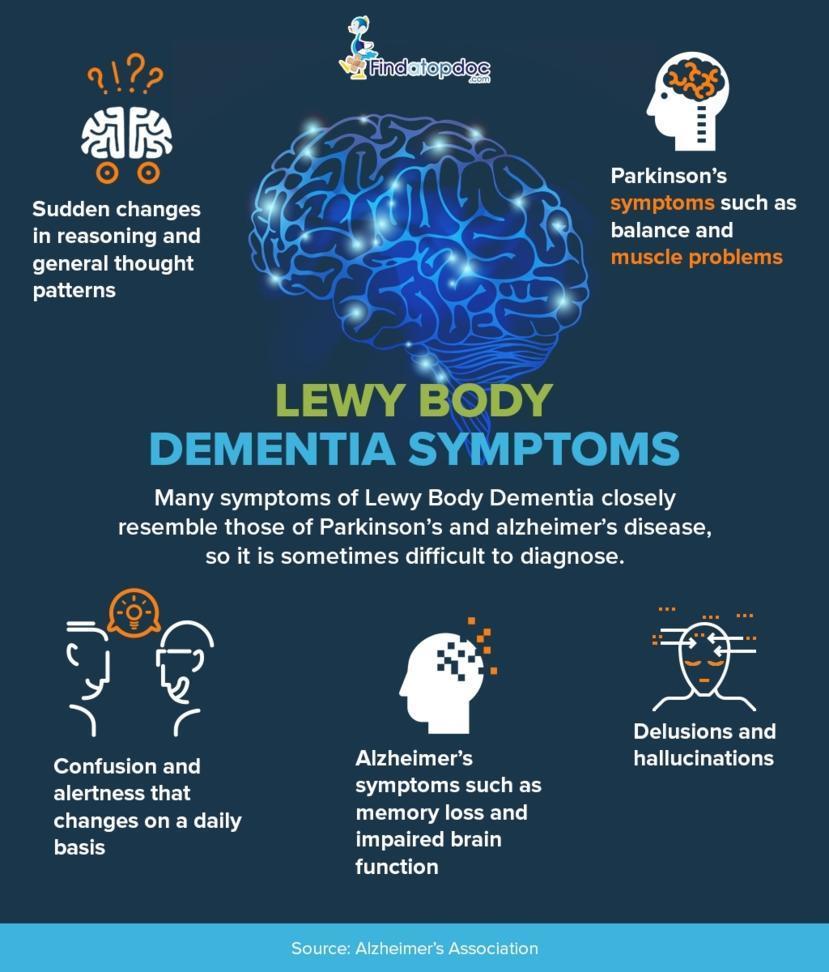Dementia and Why it Happens

What is dementia?
Dementia refers to the loss of brain functions, including memory, thinking, language development and behavior that may affect the daily life of a patient. Many people have slight loss of memory when they are old, but if the memory loss gets worse with time, it indicates dementia. The time period during which this happens differs from person to person. Some seniors lose their memory quite fast while others may stay the same way for a few years.
Although not everybody who is old will get dementia, the risk of dementia increases with age. About 35% of people above 85-years-old have dementia. This condition is rare for individuals who are younger than 60-years-old.
Causes of dementia
Dementia can be reversible or irreversible, and is caused by changes in the brain. The most common cause of dementia is Alzheimer’s disease.
Some other causes of this condition include:
- Stroke
- Tumor
- Head injuries
- Parkinson’s disease
- Dementia with Lewy bodies
- Huntington's disease
- Multiple sclerosis
Some of the causes of dementia include a brain injury, brain tumor, hyperthyroidism, vitamin B12 deficiency, and fluid buildup in the brain. All of these ailments can be treated. Treating the underlying problems will help to alleviate dementia in these cases.
Drug interactions also may cause symptoms that are similar to dementia. It is important that the doctor knows about all the medications that a person is taking including supplements, vitamins, herbs and over the counter medications.
Symptoms of dementia
The most common symptom of dementia is the loss of memory. As the condition progresses, a person may also have difficulty in planning, understanding words and making out directions. People with dementia may also act very scared or childlike. They may get lost in familiar routes and lose interest in things that they used to enjoy earlier. Misplacing things and inappropriate behavior is very common with dementia. Thus, after a period of time they may find it difficult to take care of themselves. As dementia becomes worse, hallucinations, delusions, arguments, difficulty in reading and writing, poor judgment, speaking confusing sentences and withdrawing from social contact are common.
In general, people with dementia will have difficulty in brain functions including:
- Language comprehension
- Perception
- Emotional behavior
- Cognitive skills like calculation, abstract thinking, and judgment
People with severe dementia may not be able to take care of themselves. They fail to recognize their own family members and fail to understand their language.
Diagnosis of dementia
Physical examination and testing the mental skills including memory is the best way to check for dementia. A doctor may ask questions about past illnesses and then check the details with the one of the family members.
Tests to look for underlying conditions that may lead to dementia is also carried out. This includes a blood test to see for thyroid condition and infections. MRI and CT scans are also recommended in some cases to check for brain injury or a tumor. These scans may also show brain shrinkage, if present.
Treatment for dementia
Treatment for this condition depends on the cause of dementia. In most cases, dementia cannot be treated fully, but the condition can be slowed down so that the patient can live more comfortably. When dementia becomes worse, medicines and counseling may help to reduce symptoms like anger and depression.
Mental functioning can be improved by treating conditions like:
- Anemia
- Congestive heart failure
- Depression
- Heart failure
- Infections
- Nutritional disorders
- Thyroid disorders
Behavioral problems associated with dementia can be controlled by antipsychotics, mood stabilizers and stimulants. If stroke is the reason for dementia, care should be taken to prevent further attacks. Changing one's lifestyle to have a healthy weight and keeping the blood pressure and sugar levels under control will help in this effort.












